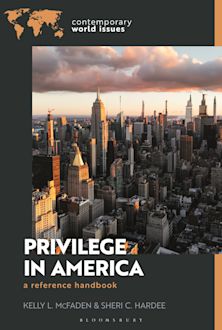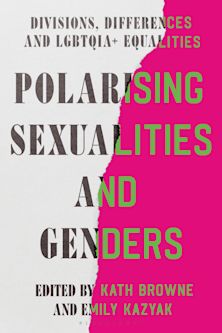Discretion in Welfare Bureaucracies
Understanding Decision-Making in the Context of Rule Ambiguity
Discretion in Welfare Bureaucracies
Understanding Decision-Making in the Context of Rule Ambiguity
This product is usually dispatched within 2-4 weeks
- Delivery and returns info
-
Flat rate of $10.00 for shipping anywhere in Australia
Description
Through case-study research, Majka Ryan offers a systematic microanalysis of discretion in a specific context of residence-based welfare conditionality derived from the labour movement directive 2004/38/EC. The latter is utilised in the coordination of social security benefits for mobile EU citizens across Europe. Ryan reveals that in Ireland and other jurisdictions, official rights, be they supranational or local, when translated into practice are shaped by different political, organisational and decision-making actors, consequently leading to an uneven distribution of substantive rights and unequal outcomes for different groups of people, disproportionately affecting those who must prove their deservingness. This book evidences how residence-based welfare conditions create a context where power is exercised freely by street-level decision-makers and illustrates how that power affects different groups in society, and consequently, how through those practices, the hegemonic discourses around legitimacy of access to public resources are reproduced.
Table of Contents
The Context of Residence-Based Conditionality
Conceptualising Discretionary Decision-Making in Welfare Institutions
Outline of Chapters
Chapter 1: Discourses of Discretion in Welfare Bureaucracies
Exploring the Meaning of Discretion in Welfare Bureaucracy
The Role of Discretion in Public Service
The role of discretion in a context of legislative and policy ambiguity
Street-Level Bureaucrats and Discretion
Decision-makers and citizens
Exceptional moments and favouratism
Organisational Culture and Discretionary Practice
Public expectations towards decision-makers
Legitimacy of discretionary practice and decision-maker accountability
Conclusions
Chapter 2: Theorising Discretionary Power on Access to Social Assistance
Ethical Determinants of Decision-Making
Professional morality
Morality of deservingness
Dilemmas in Decision-Making
Occupational Discretion and Organisational Socialisation
Organisational imprinting and workers socialization
Variations in decis
Product details
| Published | 08 Aug 2023 |
|---|---|
| Format | Hardback |
| Edition | 1st |
| Extent | 210 |
| ISBN | 9781538165249 |
| Imprint | Rowman & Littlefield |
| Dimensions | 236 x 161 mm |
| Series | Discourse, Power and Society |
| Publisher | Bloomsbury Publishing |
Reviews

ONLINE RESOURCES
Bloomsbury Collections
This book is available on Bloomsbury Collections where your library has access.


































